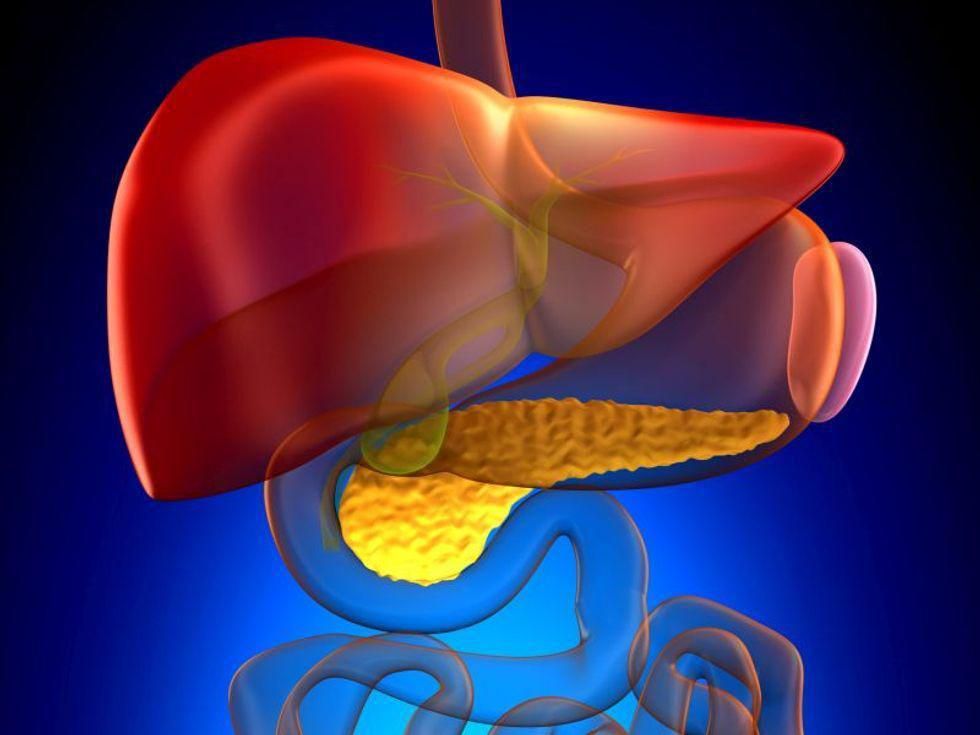
Smokers who kick the habit before age 45 can nearly eliminate their excess risk of dying from lung or other cancers, a new study estimates. It’s well-established that after smokers quit, their risk of tobacco-related cancers drops substantially over time. Researchers said the new findings underscore the power of quitting as early as possible. Among… read on > read on >


















